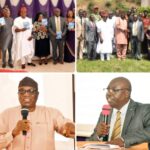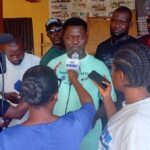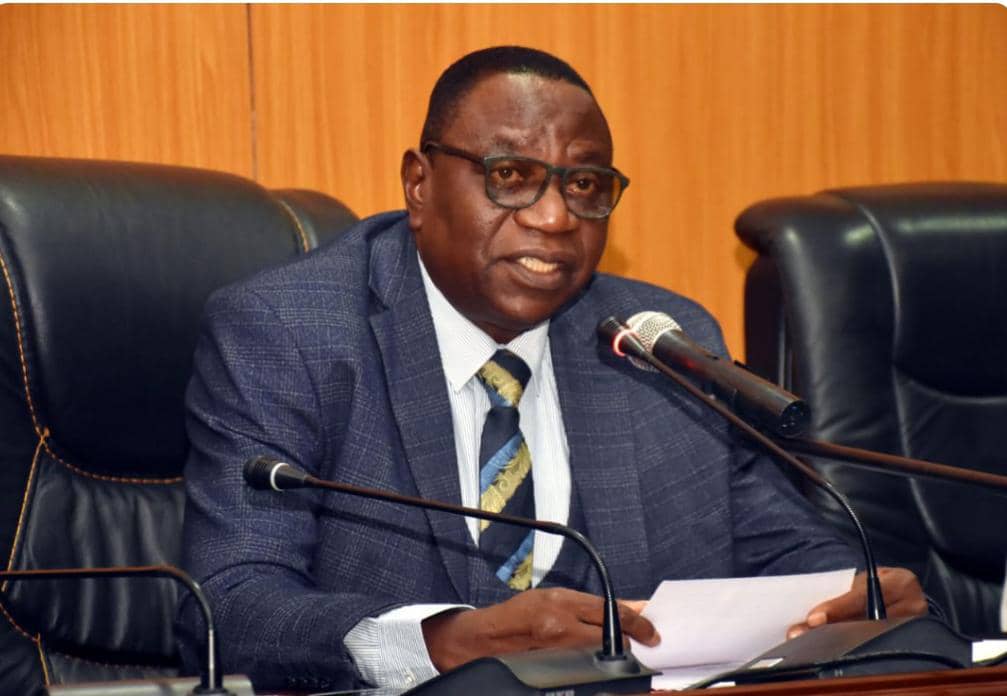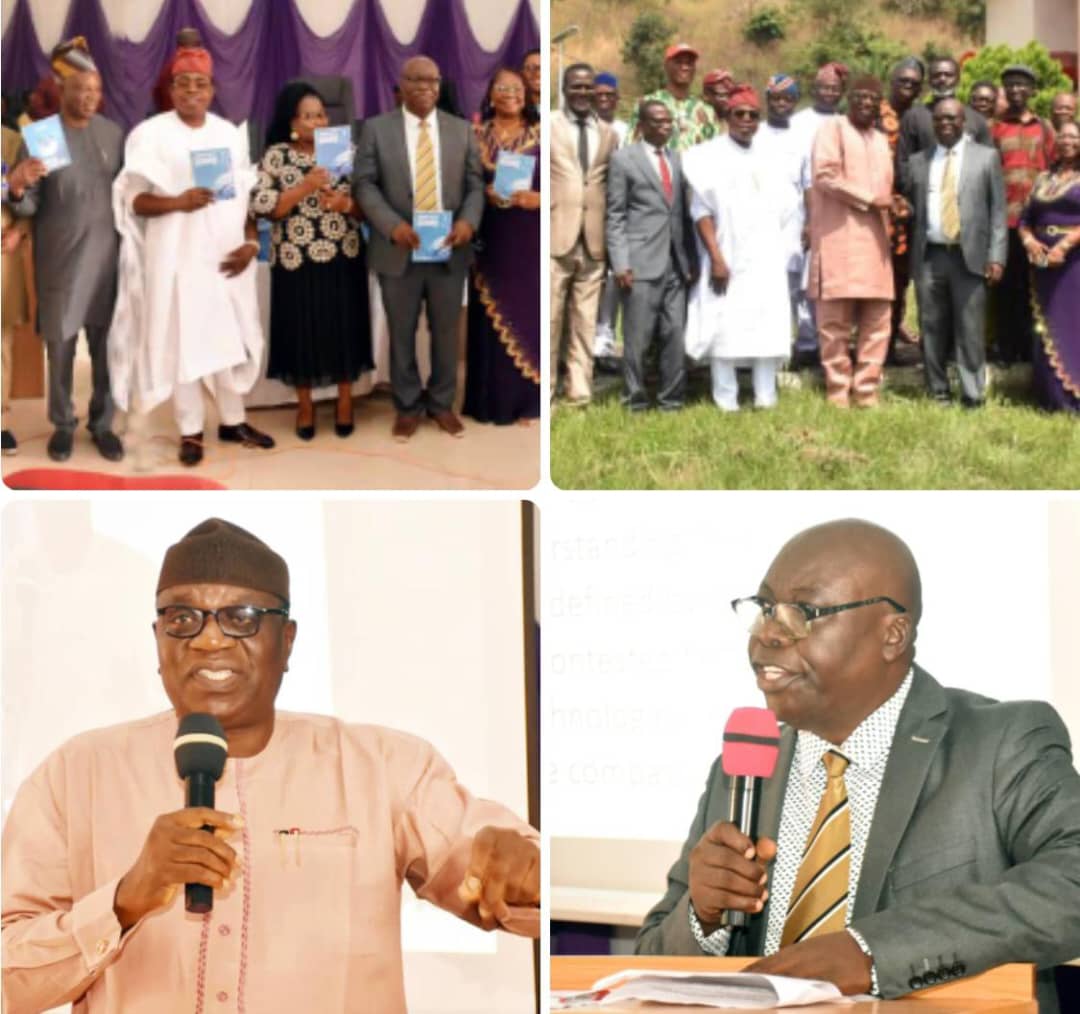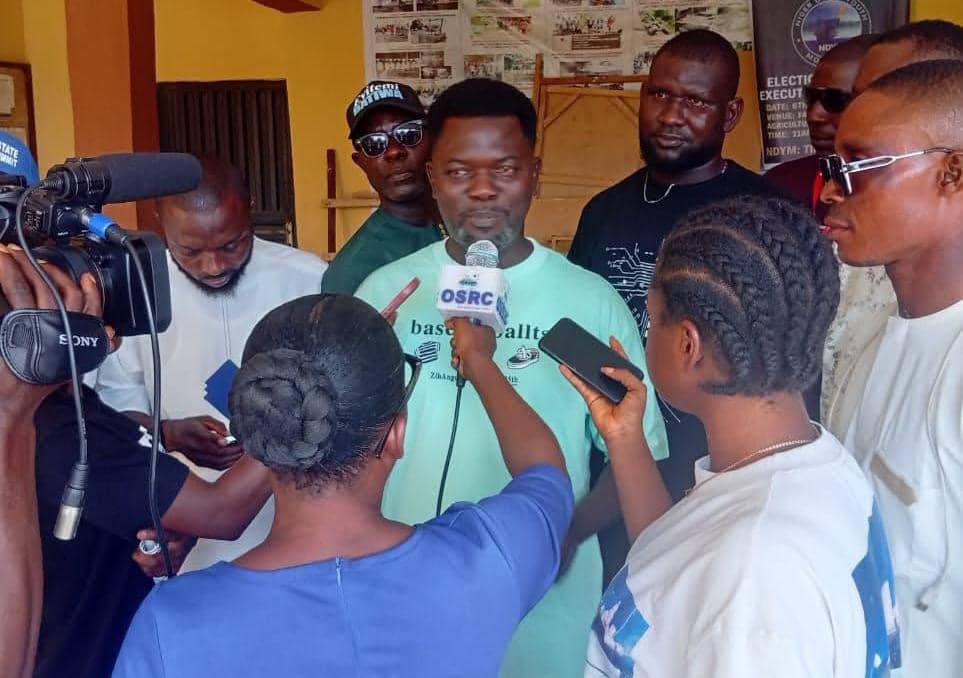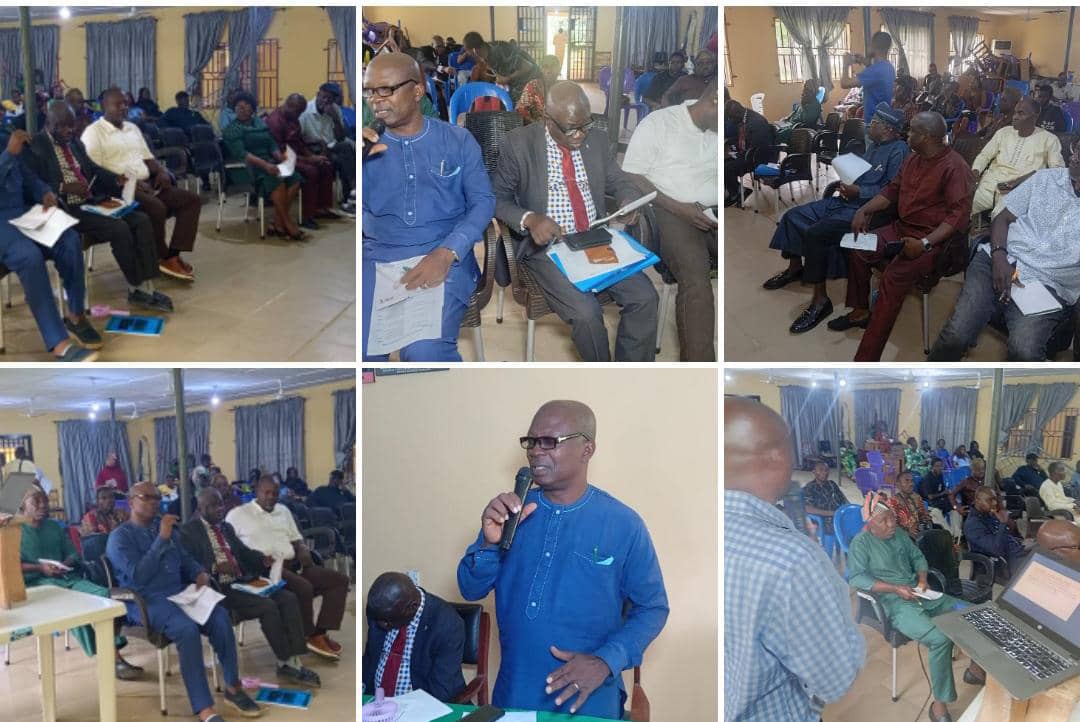
……As FADAMA boss, other Stakeholders give critical Evaluation
Ondo State Government, on Tuesday, reviewed the impact studies conducted under Result Area 2 of the Nigeria Community Action for Resilience and Economic Stimulus (NG CARES) as part of efforts to evaluate the successes and challenges of the scheme and improve on its second phase.
This is just as the Nigeria Community Action for Resilience and Economic Stimulus (NG-CARES) expressed satisfaction with the evaluation of its agricultural interventions for vulnerable households in Ondo State, noting significant progress in food security and economic empowerment.
The programme, a World Bank-funded initiative, is designed to cushion the effects of COVID-19 and other economic shocks on vulnerable families and micro enterprises
Speaking during a review session with consultants, facilitators, and project officers, the Administrative Secretary and State Project Coordinator, FADAMA, Mr Olusiji Olatunji, emphasized the importance of evaluating the scheme through studies already carried out.
According to him, many of the consultants were assigned to projects in their own communities, giving them direct ties to the areas under review.
While acknowledging their contributions, he noted that clarifications were necessary to avoid misrepresentations, the Project Coordinator said, “this presentation is an opportunity to make clarifications so that all necessary corrections or misrepresentations of facts concerning their reports will be detected.”
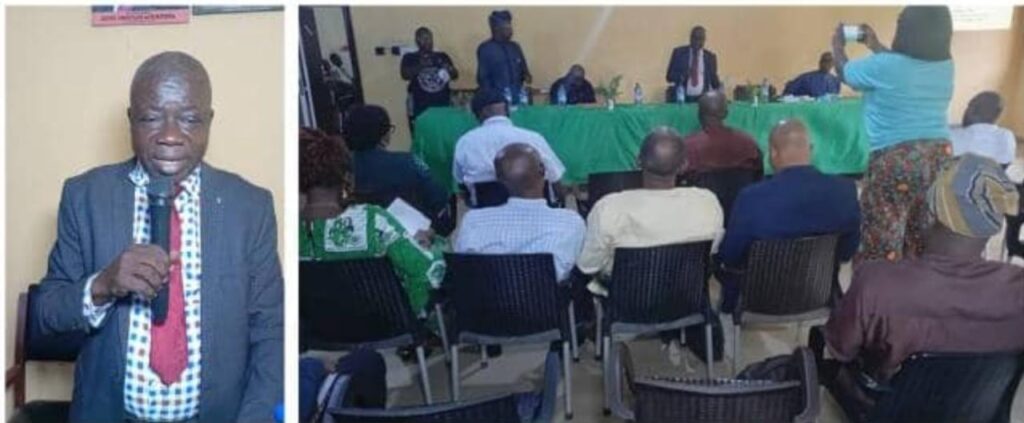
Olatunji reaffirmed FADAMA’s commitment to ensuring that ONDOCARES achieves its goals and serves as a model for improved delivery in subsequent phases of the programme.
Also speaking, the Manager of the Ondo State Agricultural Development Project (ADP), Mr. Babajide Ogunleye, noted that the exercise, which serves as an implementation completion report, will provide a framework for assessing the level of performance recorded in the first phase of the programme and help shape adjustments for the second phase.
He assured that the ADP remains committed to strengthening farmers’ capacity and contributing to the overall sustainability of the NG-CARES project in the state.
Ogunleye added that food security remains a top priority for Governor Lucky Orimisan Aiyedatiwa’s administration, describing it as the foundation for the well-being of the people.
He, however, emphasised that following the review of presentations and reports by consultants under the NG-CARES initiative, necessary corrections would be made before forwarding them to the FADAMA coordinating unit.
Several academics presented findings on different agricultural value chains. Dr. Niran Thompson of the Federal University of Technology, Akure, who reviewed cassava interventions, reported significant progress in enhancing food security and farmer livelihoods through quality input distribution and training.
Similarly, Prof. Akinnagbe Oluwole called for timely release of funds and streamlined procurement processes to address the late delivery of farm inputs, stressing that the need for broader beneficiary coverage, better stakeholders collaboration, and stronger monitoring systems supported by digital platforms.
In his presentation, Prof Akinnagbe who spoke on assessment of utilisation and impact of tomato inputs support beneficiaries of result area 2 of Ondo community action for resilience economic stimulus programme.
Prof. Mafimisebi Taiwo who spoke on socio-economic impact evaluation of rehabilitated rural roads and impact evaluation and assessment of inputs and services support to fish farmers, highlighted that road rehabilitation projects significantly improved farmers’ access to markets, reduced post-harvest losses, and boosted local trade.
Speaking on impact assessment of rabbits distribution among beneficiaries under result area 2 of the ONDOCARES programme, Prof. Olumoyegun Temidire said that there should be enhanced support services for rabbit farmers, regular training and capacity building, improved access to veterinary services, support for sustainable feed solutions.
In his presentation, Prof. Akinrinola Olumide examined the broader socio-economic impact of NG-CARES interventions on rural communities. He emphasized that beyond agricultural outcomes, the programme has contributed to poverty reduction, job creation, and improved household resilience.
In his presentation, Prof. Akinrinola Olumide examined the broader socio-economic impact of NG-CARES interventions on rural communities. He emphasized that beyond agricultural outcomes, the programme has contributed to poverty reduction, job creation, and improved household resilience.


